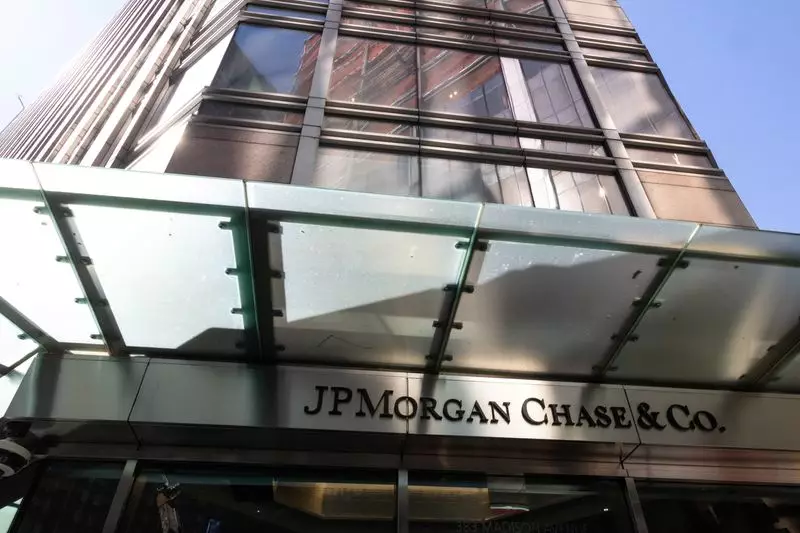In an era where the global workforce has experienced unprecedented shifts due to the COVID-19 pandemic, many businesses have embraced flexible work arrangements. However, JPMorgan Chase, one of the largest financial institutions in the U.S., has recently taken a definitive stance, mandating a full return to the office five days a week beginning in March. This memo has sparked a significant backlash among employees, reflective of wider tensions within corporate America over the future of work.
As industries grapple with the aftermath of the pandemic, financial firms, including JPMorgan Chase, Goldman Sachs, and Morgan Stanley, have been vocal proponents of in-person work. Their leaders argue that a vibrant office culture incites creativity, learning, and innovation—elements they perceive as vital to maintaining competitive advantage in the financial sector. Yet, as JPMorgan’s internal communication has revealed, the enforced transition back to traditional office settings has ignited displeasure among sectors of its workforce.
The internal memo announcing the return-to-office policy prompted a flurry of over 300 comments within a short span, indicating widespread resistance from employees. Concerns voiced through the company’s intranet ranged from increased commuting costs and childcare issues to apprehensions about mental health and work-life balance. By locking the comment section after such rapid engagement, JPMorgan may have inadvertently quelled further dialogue but also highlighted the unsettled sentiments surrounding this decision.
JPMorgan acknowledges the preference for hybrid and flexible work schedules that some employees may have developed during the pandemic. The executives behind the memo recognized this divergence in opinion by stating their understanding that not all employees would agree with the return-to-office directive. Nevertheless, the leaders maintain that in-person dynamics are crucial for effective mentoring and collaboration, positioning their stance in direct contrast to the desires of some employees for continued flexibility on work arrangements.
The decision by JPMorgan Chase to institute a full return to the office reflects a broader corporate mentality that prioritizes traditional methods of working over the evolving perspectives shaped by the last few years. Many critics argue that the emphasis on office presence risks alienating employees who have found success and satisfaction in remote or hybrid roles. Additionally, the lack of recognition for the potential benefits of flexible work environments—such as enhanced employee retention and satisfaction—could challenge JPMorgan’s efforts in attracting and maintaining top talent.
Moreover, the bank’s assertion that in-person collaboration enhances productivity raises questions about the validity of that belief. Research has shown that remote work can yield similar, if not superior, outcomes in performance and innovation. The insistence on full office attendance might, therefore, be seen as an outdated viewpoint, resistant to the substantial evidence that has emerged in favor of hybrid or remote models of work.
As financial institutions continue to navigate the post-pandemic landscape, they face the challenge of balancing company mandates with employee desires. A rigid approach can breed resentment and potentially lead to higher attrition rates, while flexibility could nurture a more engaged and productive workforce. JPMorgan has signaled that it remains committed to providing some level of flexibility, offering special exceptions for remote work under certain circumstances. However, the effectiveness of these exceptions will likely be scrutinized against the broader context of their return-to-office mandate.
The conversations surrounding JPMorgan Chase’s return-to-office directive reflect a pivotal moment for corporate America, as organizations must consider not just operational efficiency but also employee morale and well-being. Striking a balance between the firm’s needs and the evolving expectations of employees will ultimately define the future landscape of work not only within JPMorgan but throughout the financial industry as a whole.
As companies grapple with these issues, the outcome will depend largely on their ability to adapt and recognize the diverse needs of their workforce, adapting their strategies accordingly to foster both a productive work environment and a satisfied staff.

